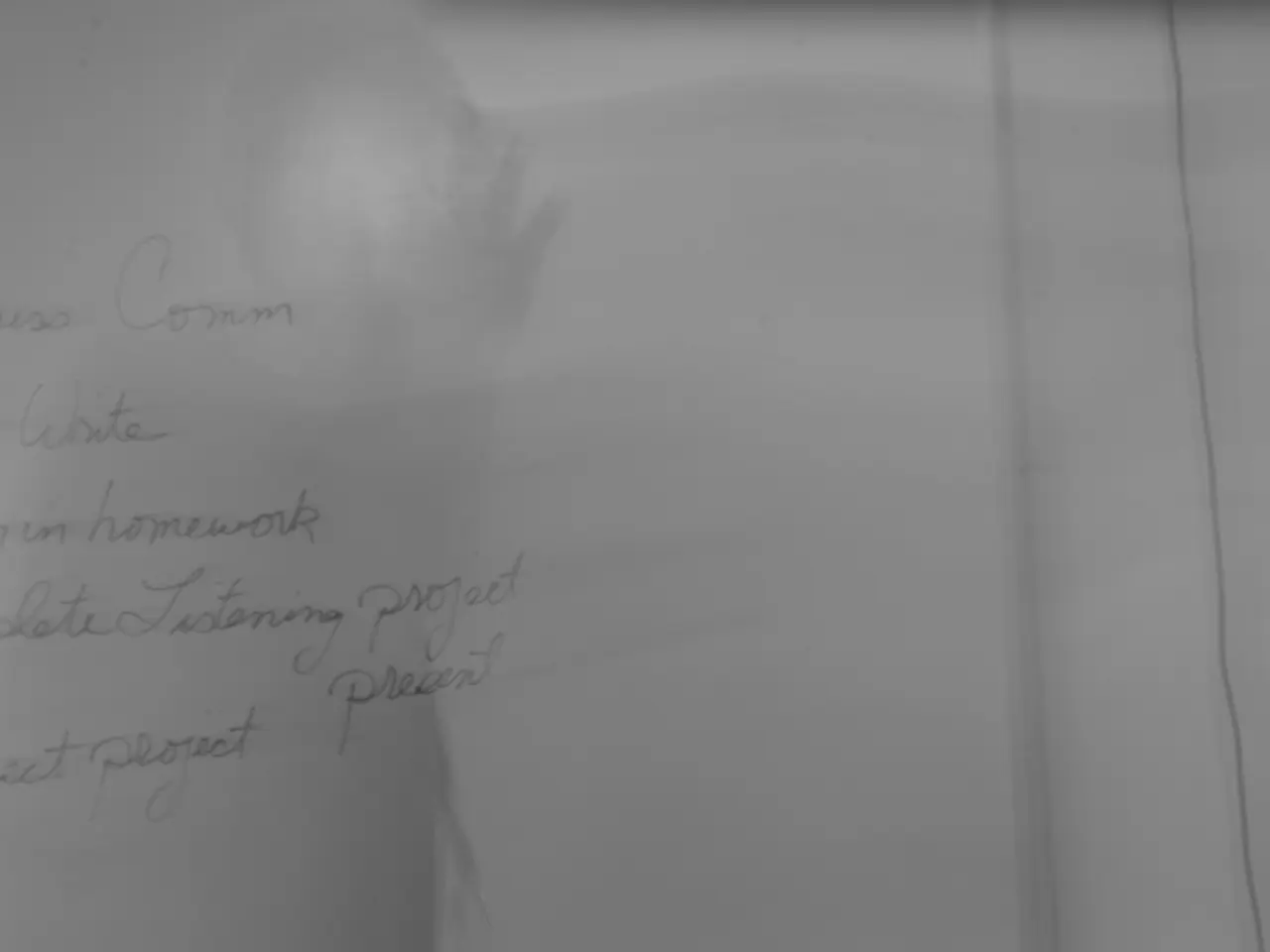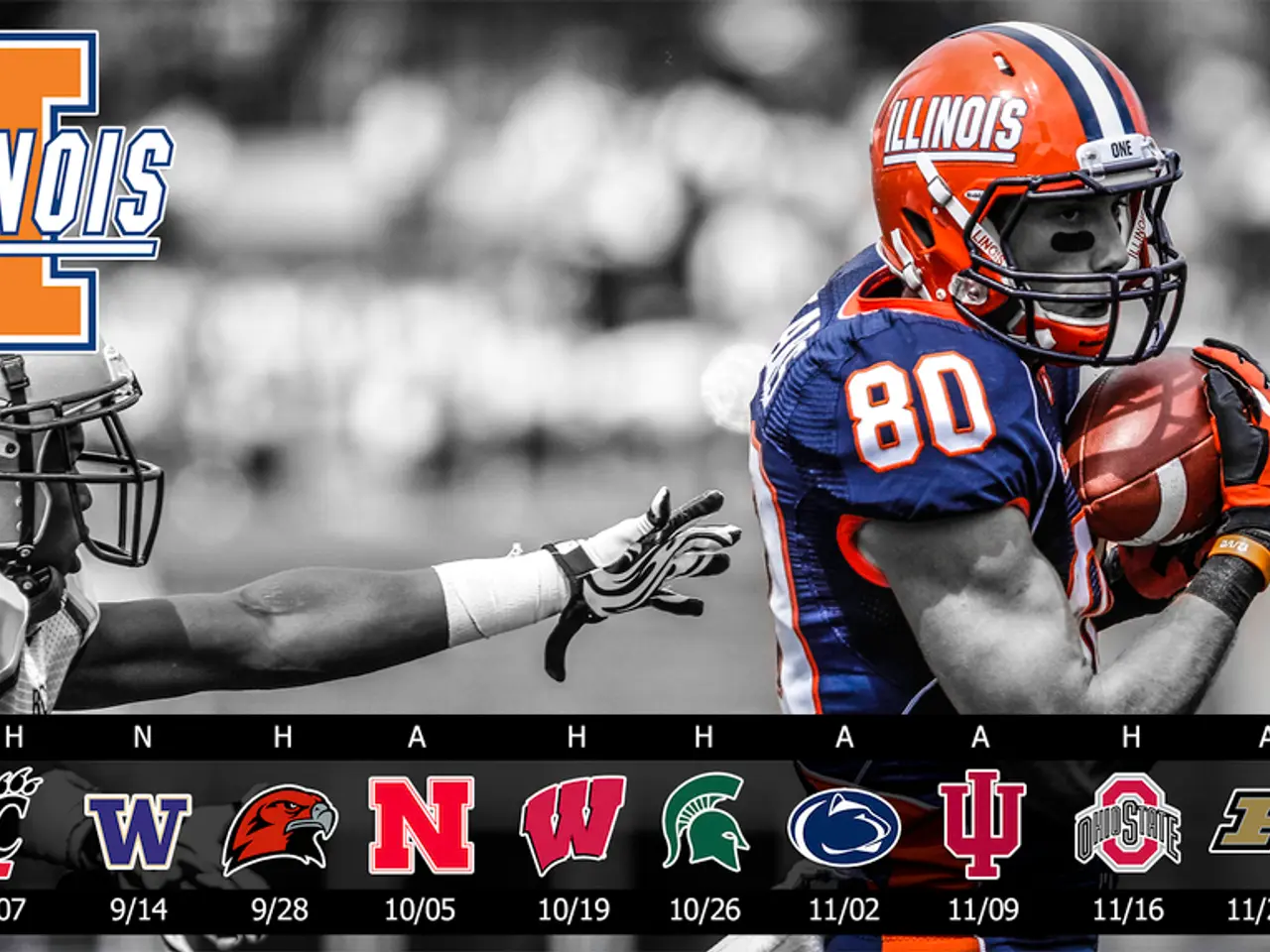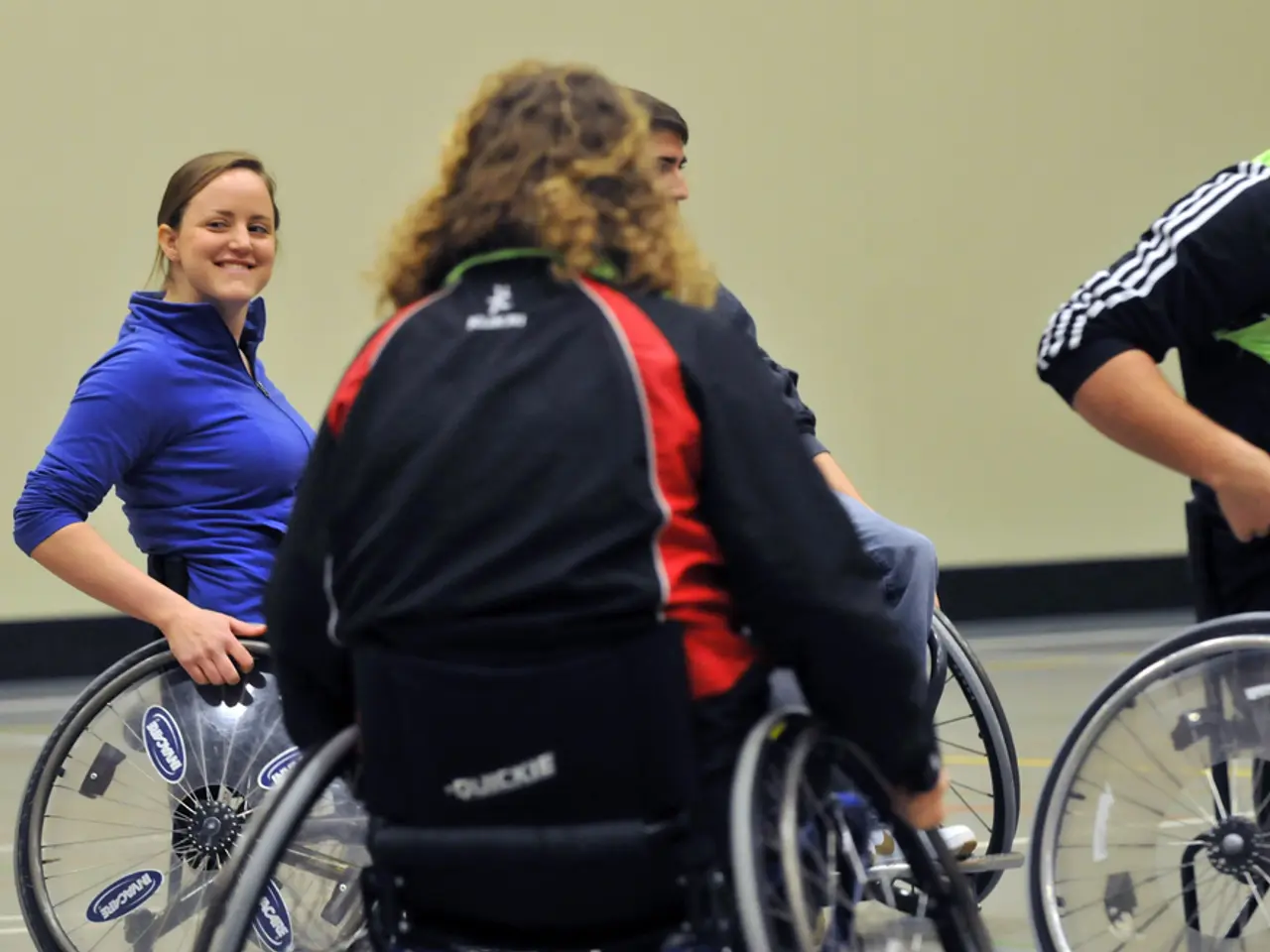State-funded Educational Programs for Gambling Awareness Set to Debut in Virginia Public High Schools
In the heart of the United States, Virginia finds itself at a crossroads, as the state's gaming industry expands and revenues soar, yet formal gambling education in schools remains largely absent.
The Virginia Assembly's recent passing of the gambling education bill coincides with the US gaming industry's "Problem Gambling Awareness Month," an annual period aimed at raising awareness and focusing on safeguards to limit societal harms. The bill, introduced by Delegate Sam Rasoul (D-Roanoke), seeks to instruct the Virginia Board of Education to provide public schools with programs to educate adolescents about gambling.
However, the initiative has faced backlash from some parents who believe schools should not be involved in educating children about vices. One reader on The Roanoke Times coverage commented that the gambling education initiative was "naïve" and would work as well as "smoking dope, drinking whiskey, and smoking cigarettes." Another reader stated that parents should deal with gambling and schools should focus on the "three 'Rs'."
Despite the expansion of commercial gambling, including mobile sports betting, which was legalized last year, Virginia's schools do not have widespread or formal gambling education programs incorporated. The ease of online gambling has made it a concern for Rasoul and others due to the potential for increased addiction among youth.
Rasoul's bill, if signed by the governor, would require the Virginia Board of Education to report back to the House and Senate education committees with a description of the gambling education tutorials developed in a reasonable time. The bill is currently on Glenn Youngkin's desk for signing into law.
Virginia has established a Problem Gambling Treatment & Support Advisory Committee to address gambling addiction due to the rapid expansion of gambling options. However, their focus is on treatment and support rather than prevention education in schools.
Regarding House Bill 1108 (HB 1108) specifically, there is no direct evidence it requires or initiates gambling education within Virginia schools. The bill may be part of the legislative effort addressing gambling regulation or problem gambling, but its educational mandates remain unclear.
As of mid-2025, the Commonwealth has significantly increased gambling revenues—generating record profits of $901 million from the Virginia Lottery in FY 2025 that are directed to K-12 education funding. Yet, there is currently no clear indication that gambling education is part of school curricula.
In the face of these challenges, Rasoul compared the need for gambling education to the way drugs and alcohol are presented to high school students. As the debate continues, it remains to be seen how Virginia will navigate this complex issue.
[1] [Source] [2] [Source] [3] [Source] [4] [Source] [5] [Source]
- While the gaming industry in Virginia is growing and generating substantial revenues, the focus on education about gambling remains limited, with Delegate Sam Rasoul's bill aiming to change this by instructing the Virginia Board of Education to provide gambling education programs in schools.
- In the midst of increasing gambling revenues for Virginia's education system, the state lacks widespread or formal gambling education programs in schools, despite the potential risks and the presence of initiatives such as Rasoul's bill and the Problem Gambling Treatment & Support Advisory Committee.




